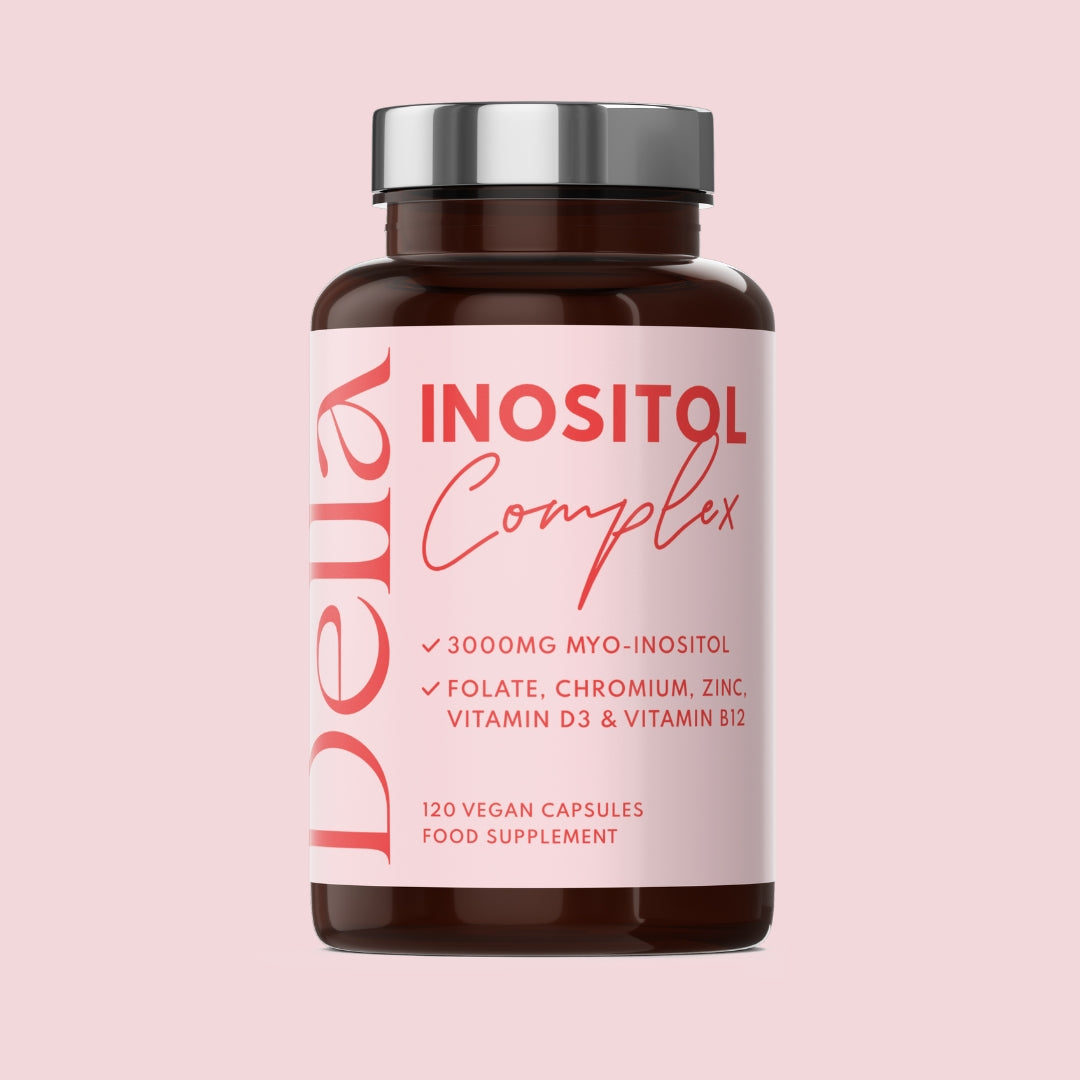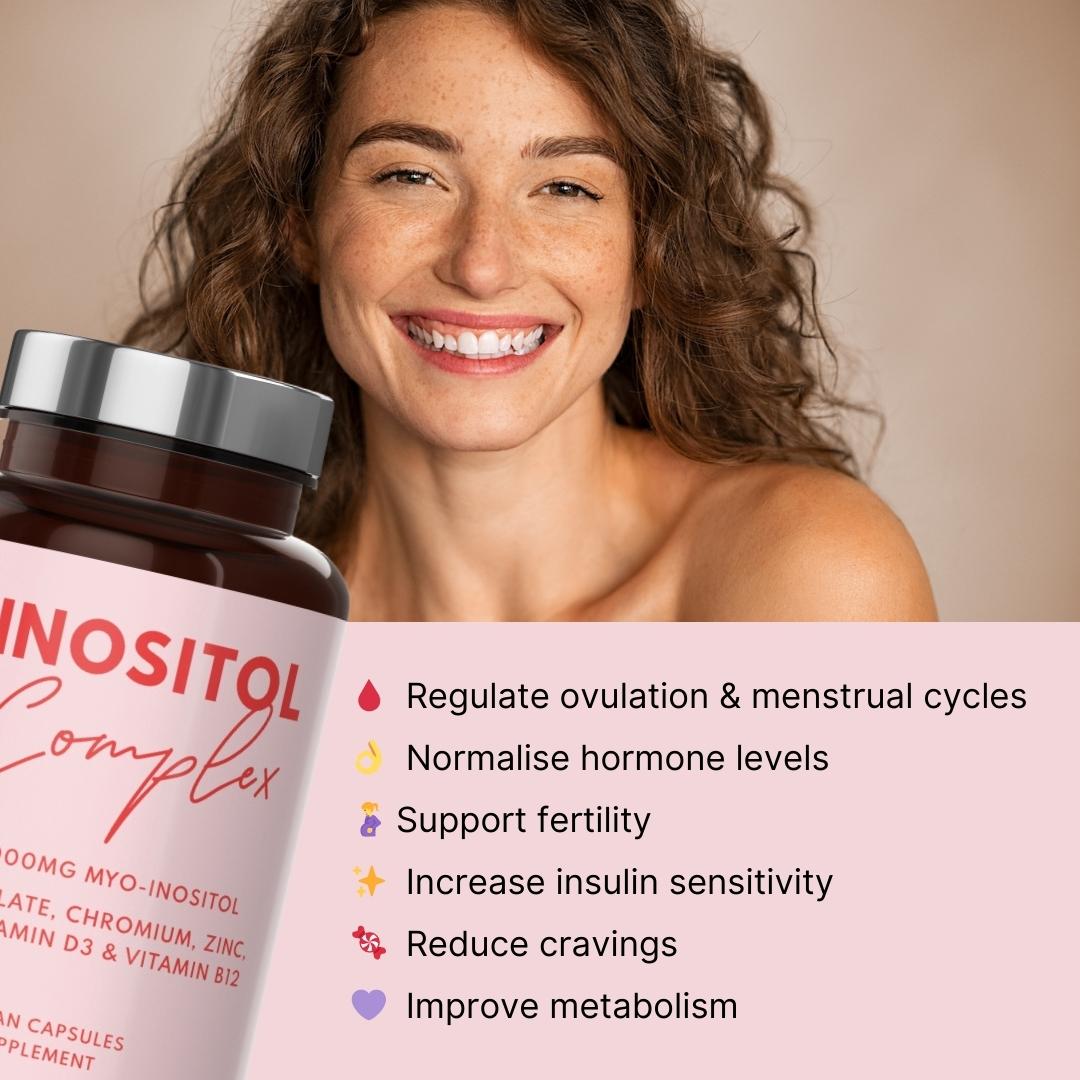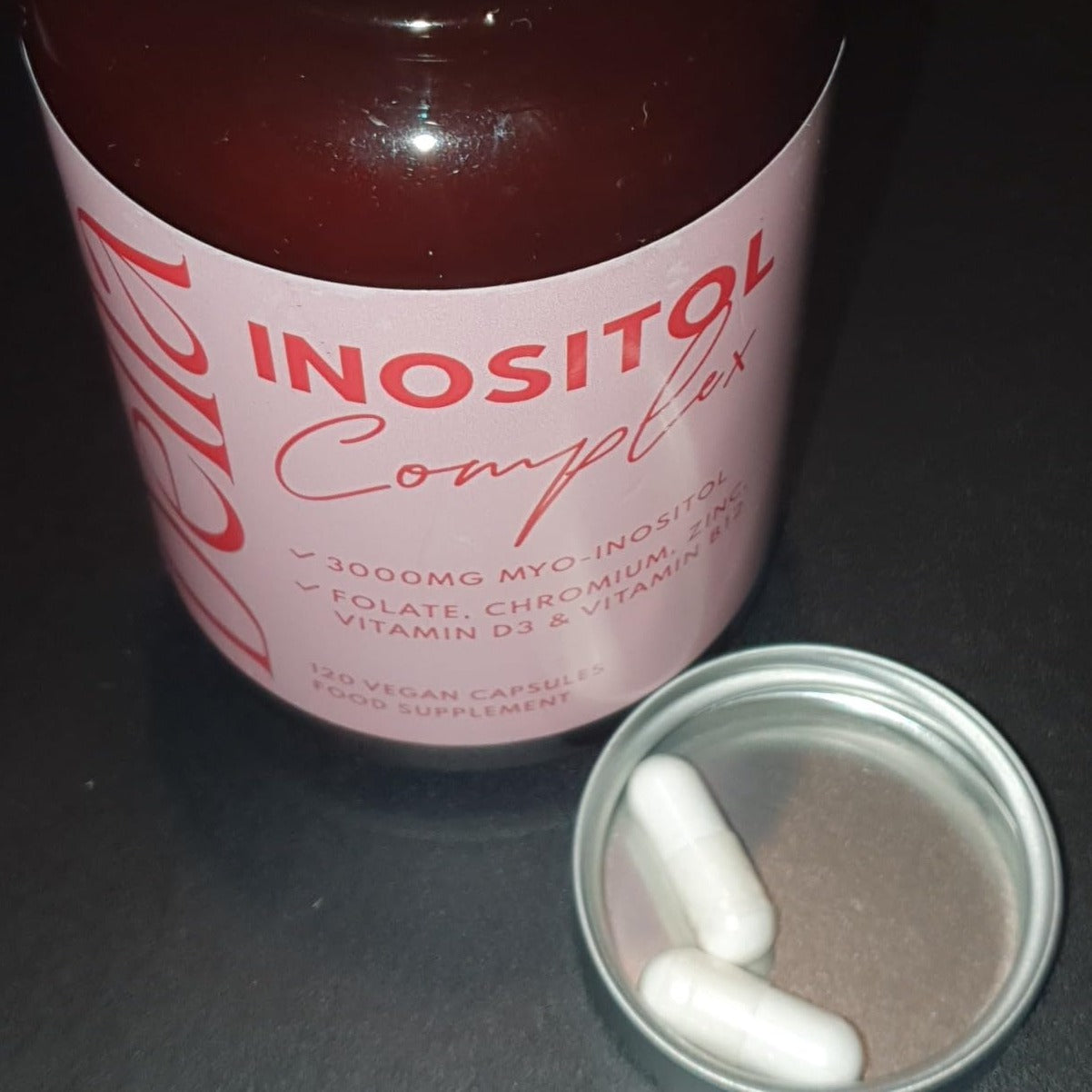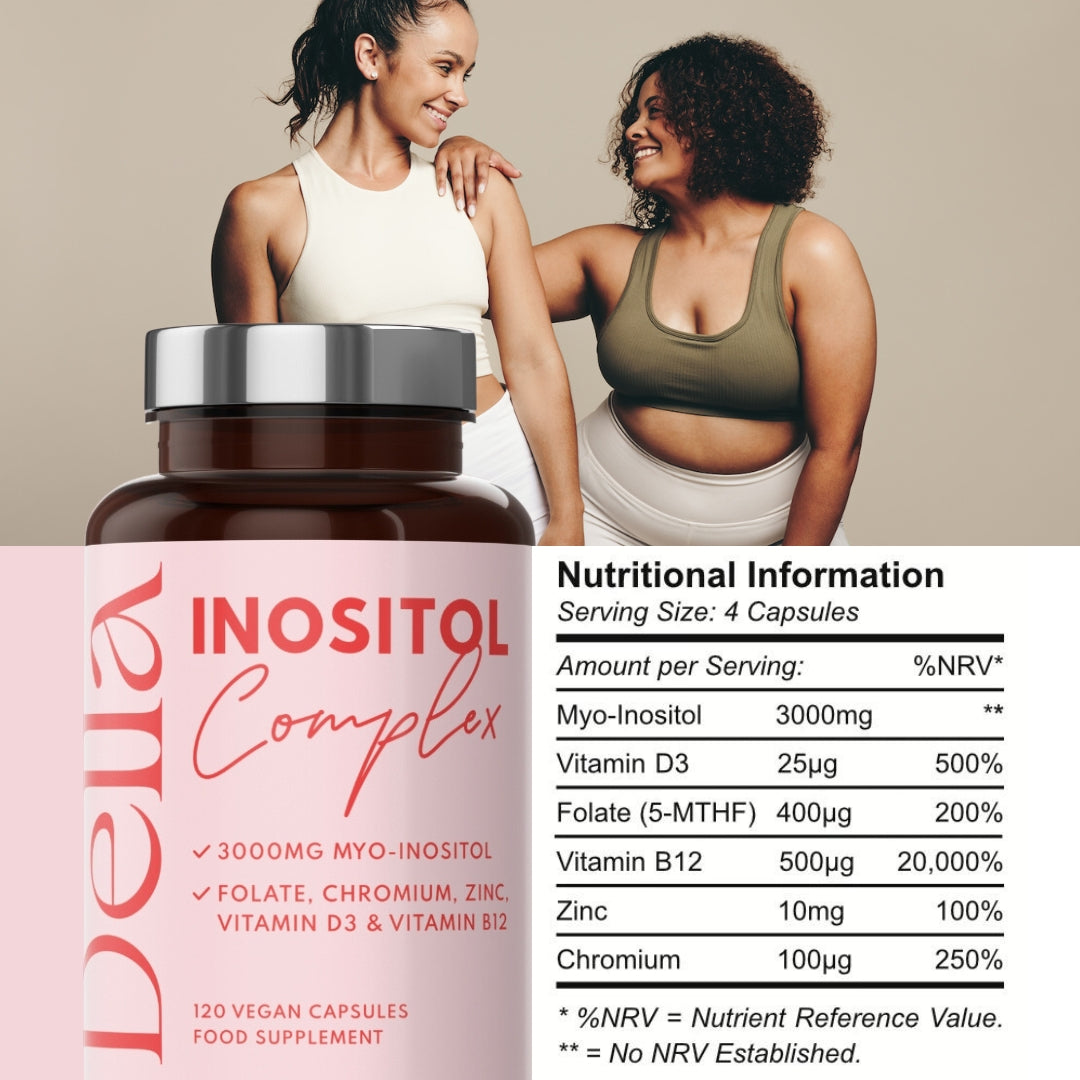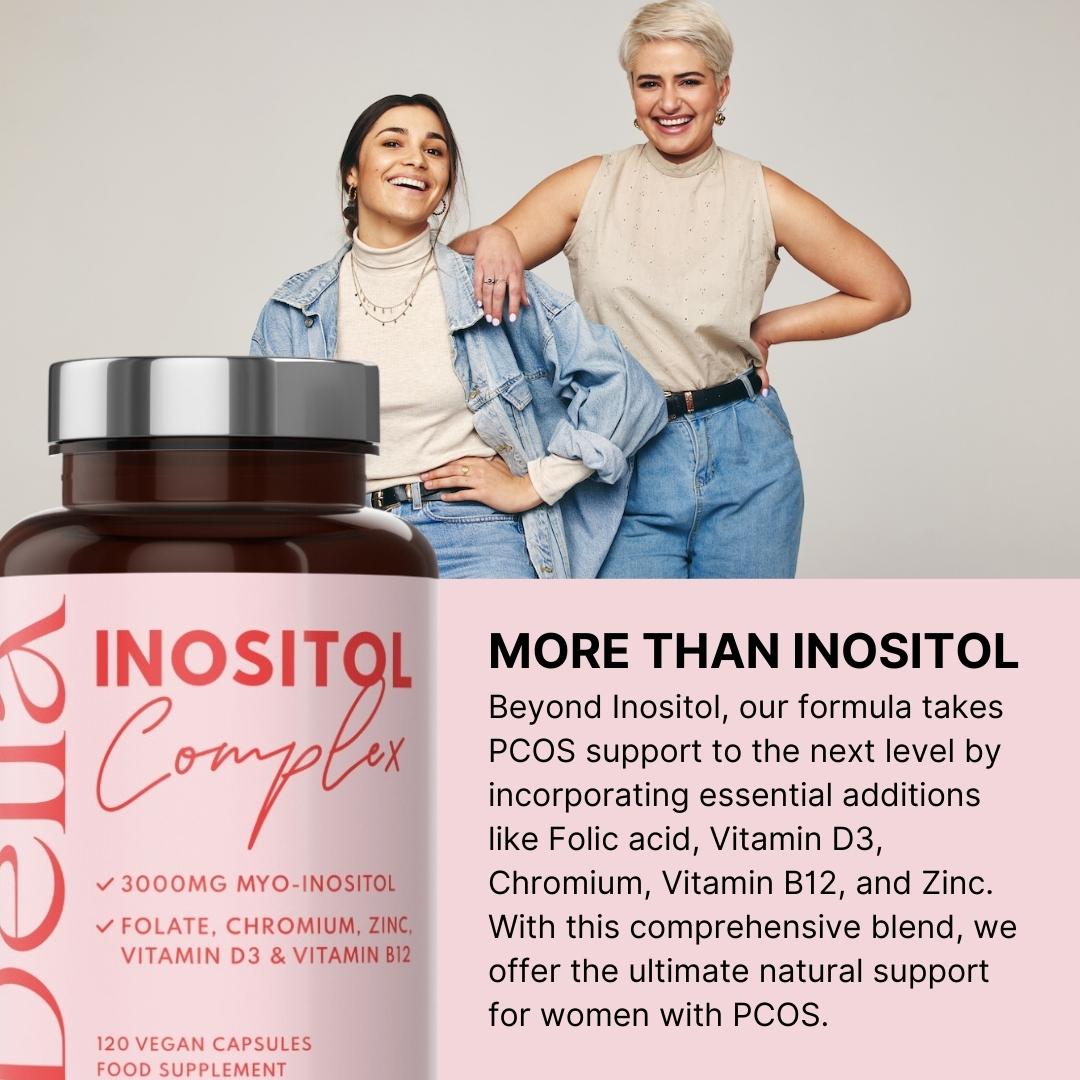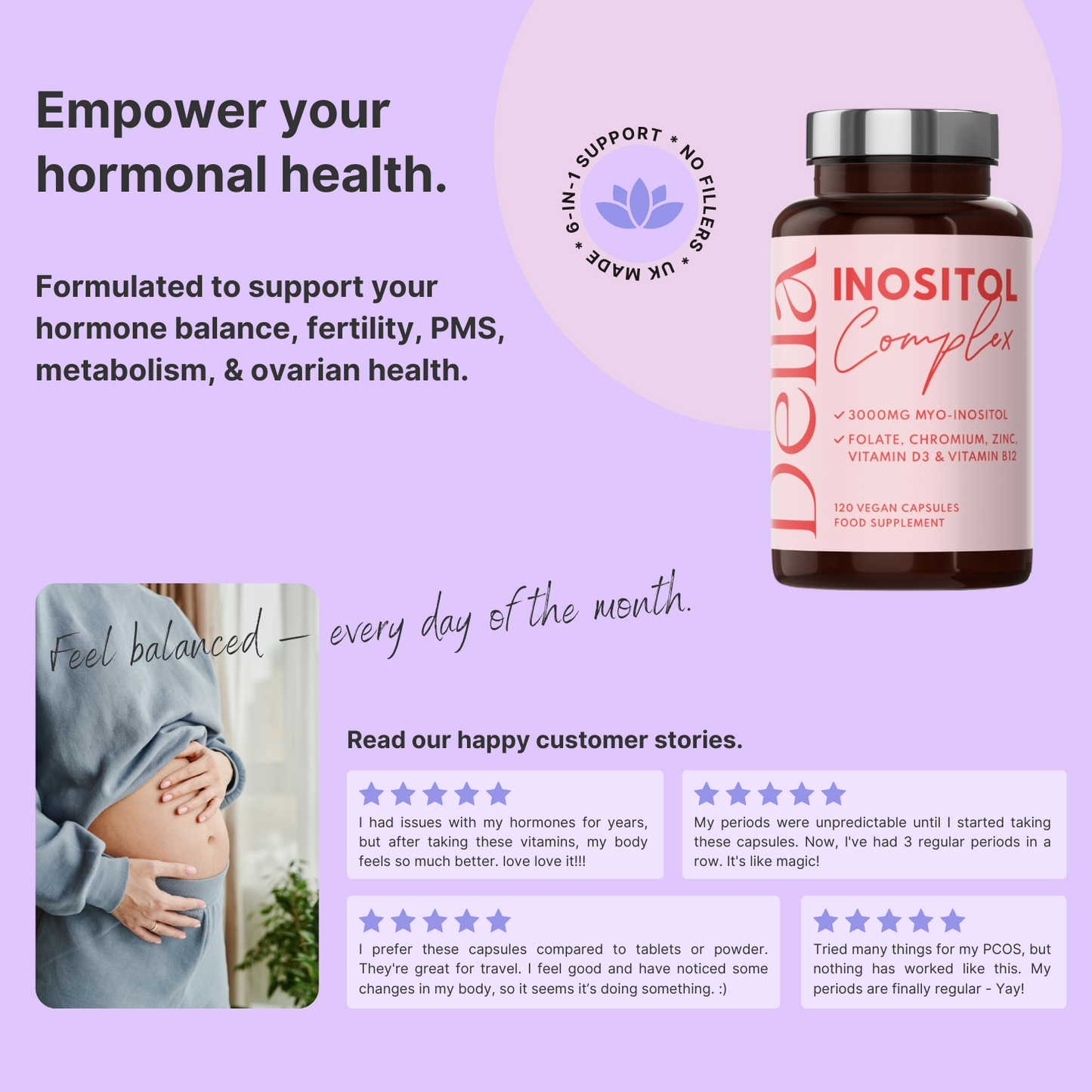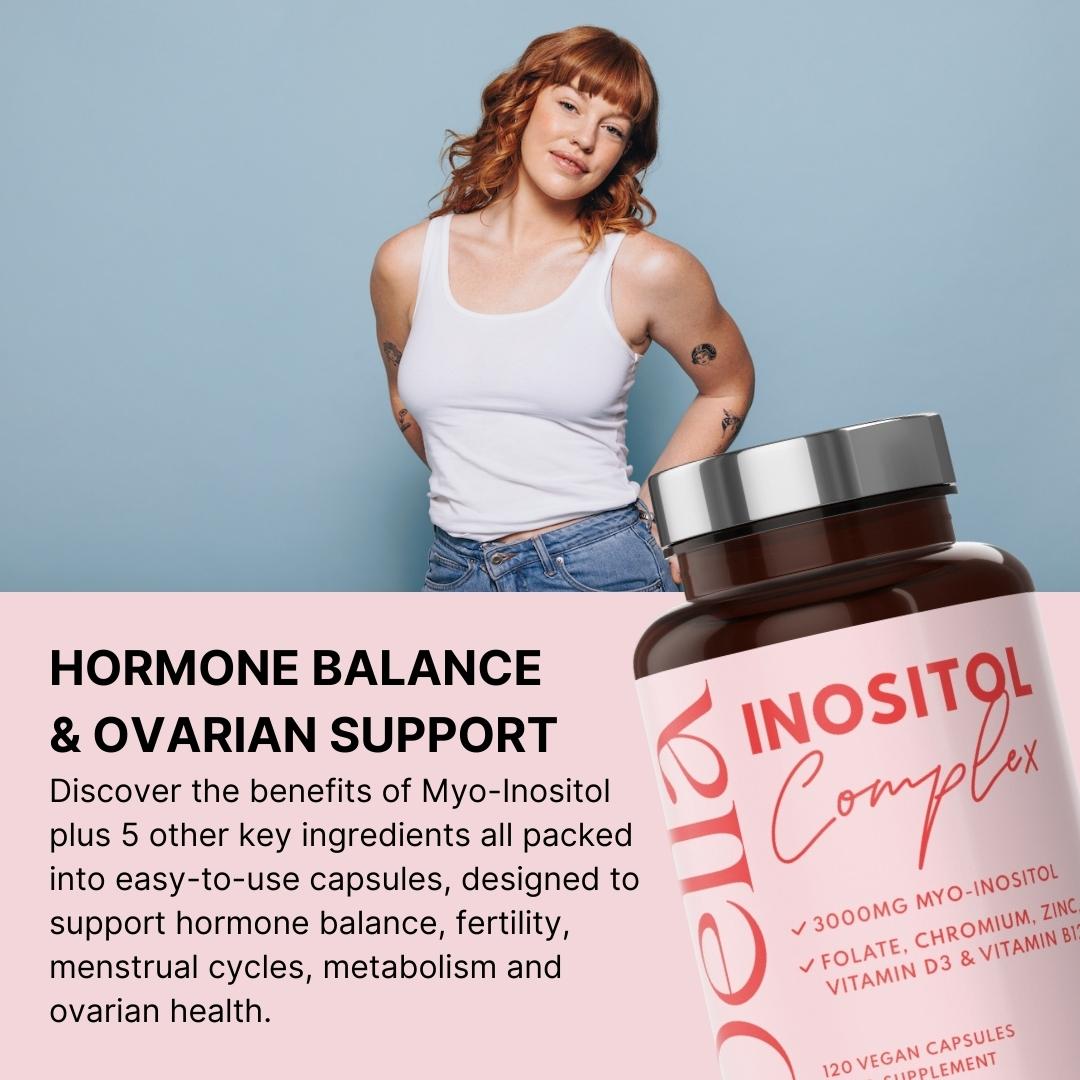PCOS is one of the most common endocrine disorders in the world, affecting millions of women worldwide.
While there is no one-size-fits-all solution for managing PCOS, there are many things you can do and add your diet to help manage your symptoms.
One mineral that has gained attention for its potential benefits in managing PCOS and hormone imbalance is Chromium.
What is Chromium?
Chromium is a tiny mineral, but it has a big job. It helps your body handle sugar, and this is super important, especially if you have PCOS. It's like a superhero that works quietly behind the scenes, making sure your blood sugar stays in check.
Chromium and Insulin Resistance
Chromium and Insulin Resistance One of the main problems in PCOS (affecting about 70% of all women with PCOS) is something called "insulin resistance." This means that your body doesn't listen to a hormone called insulin, which controls your blood sugar. Chromium can step in to help with this:
Here's how it works:
- Improved Insulin Function: Chromium has been shown to improve the way the body uses insulin. It's like giving a boost to the insulin superhero.
- Reduced Blood Sugar Spikes: By improving your insulin function, Chromium can help keep your blood sugar from going up and down too quickly. This is important because those sugar spikes can make PCOS symptoms worse.

Managing PCOS Symptoms
Chromium isn't just about insulin; it can help with other PCOS issues, too:
- Taming Your Appetite: Chromium has been linked to appetite control and its potential in reducing cravings and binge-eating, which can be a big help when managing your weight.
- Reducing Inflammation: Chronic inflammation is a common feature of PCOS. Chromium's anti-inflammatory properties can help mitigate some of the inflammatory processes associated with the condition.
This is why including Chromium in our Inositol Complex was a no brainer. Combined with Myo-Inositol, B12, zinc, folate and D-vitamins it’s especially formulated for women with PCOS. Read more about our PCOS supplement here.
FAQs about PCOS and Chromium
- What is PCOS, and why is it significant?
- PCOS stands for Polycystic Ovary Syndrome and is one of the most common endocrine disorders affecting women worldwide. It can lead to various health issues and affect fertility.
- Are there effective solutions for managing PCOS?
- While there's no one-size-fits-all solution for managing PCOS, various strategies, including dietary changes, can help alleviate symptoms.
- What is Chromium, and why is it relevant to PCOS?
- Chromium is a mineral that plays a crucial role in regulating blood sugar levels, which is particularly important for women with PCOS.
- How does Chromium relate to insulin resistance in PCOS?
- About 70% of women with PCOS experience insulin resistance. Chromium can enhance insulin function, helping the body respond better to this hormone and thereby managing blood sugar levels.
- How does Chromium help improve insulin function in PCOS?
- Chromium works like a boost for insulin, making it more efficient in controlling blood sugar levels.
- Why is controlling blood sugar essential for women with PCOS?
- Managing blood sugar is crucial because rapid spikes and drops in sugar levels can exacerbate PCOS symptoms.
- Can Chromium assist with weight management in PCOS?
- Yes, Chromium has been linked to appetite control, reducing cravings and binge-eating, which can be beneficial for weight management in women with PCOS.
- Does Chromium have anti-inflammatory properties that can help PCOS symptoms?
- Yes, Chromium has anti-inflammatory properties that can help mitigate some of the chronic inflammation associated with PCOS.
- How can I incorporate Chromium into my PCOS management plan?
- Chromium can be included in supplements specifically formulated for PCOS, such as the Inositol Complex mentioned in the article, which also contains other beneficial nutrients like Myo-Inositol, B12, zinc, folate, and D-vitamins.
- Is Chromium a safe and effective option for all women with PCOS?
- While Chromium may be beneficial for many women with PCOS, it's essential to consult with a healthcare provider before adding any new supplements to your diet to ensure they are safe and suitable for your specific situation.



